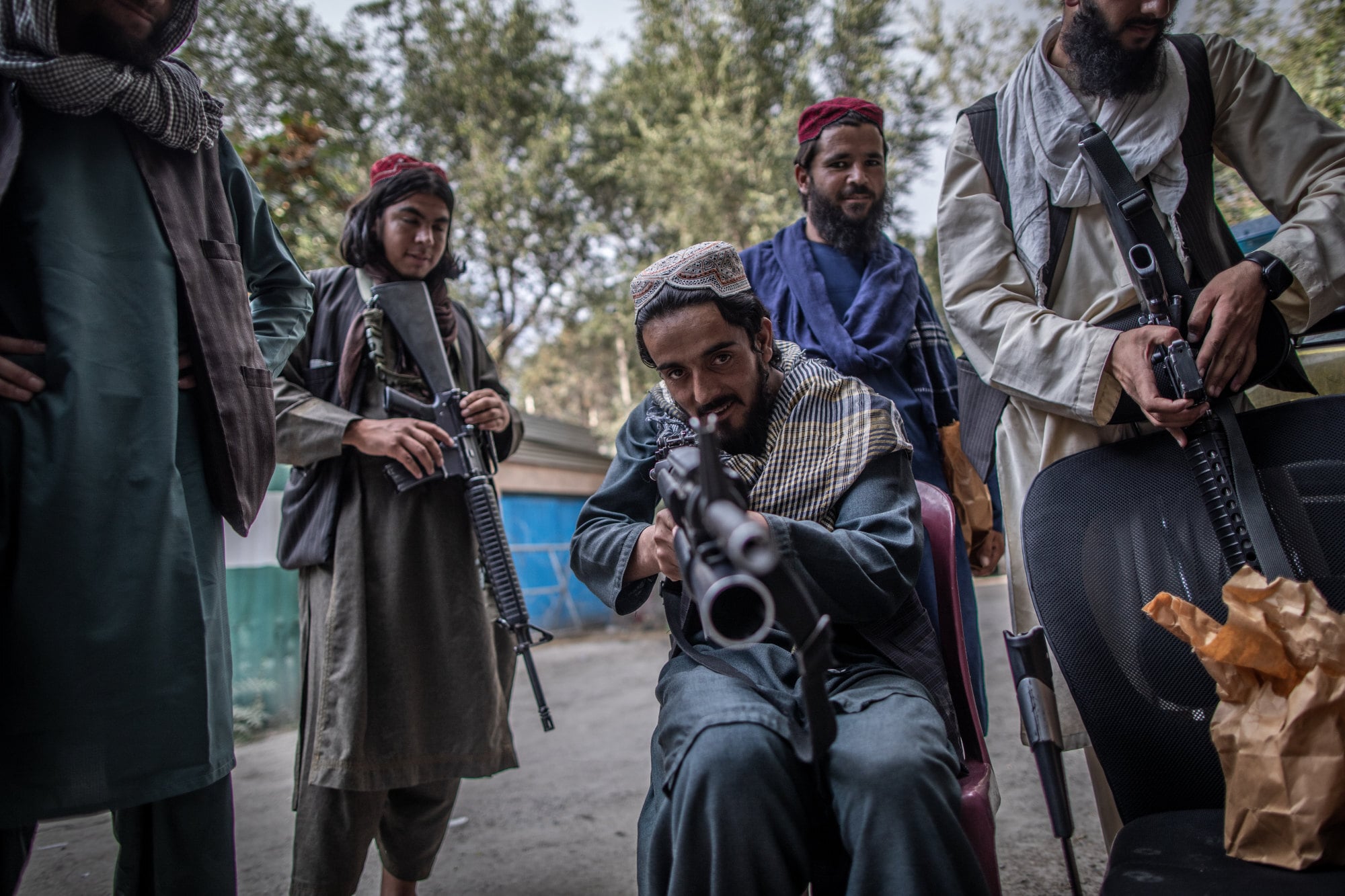
Amid war in Ukraine, Asia must remind the Taliban it can’t ride roughshod over women’s rights
- Women’s rights have continued to backslide in Afghanistan, despite what the Taliban and its supporters such as Abdul Hadi Awang of Malaysia’s PAS say
- With the world distracted by war in Ukraine, Asia needs to stay alert to the crises nearer home – and remind the Taliban of promises it made to uphold rights

I remember being deeply cynical then and was shocked when the influential PAS leader Abdul Hadi Awang declared to Malaysians last August that the Taliban had changed, and that anyone saying otherwise had somehow been duped by the Western media. Alas, we now know that when it comes to a group like the Taliban, so fastidious in wanting to preserve the mores of the Middle Ages, change is outside the realm of possibility.
The so-called Education Ministry said it was having second thoughts on the reopening, and that schools for girls would be closed until a plan was drawn up in accordance with Islamic law and Afghan culture.
“We inform all girls’ high schools and those schools that are having female students above class six that they are off until the next order,” the official Bakhtar News Agency quoted the ministry as saying.
The Taliban’s infringements against women are wide-ranging. A BBC investigative report in February found that a number of women who took part in protests demanding their rights were now missing.

Sadly, all this comes as no surprise. In Asia, and across the world, the media, civil society and governments must redouble our efforts to keep up pressure on the Taliban.
Defeatism – saying nothing will work and that options are limited – is not an option. One key lever that governments have is official recognition of the Taliban as Afghanistan’s legitimate rulers, a status the group so dearly craves.
To borrow the words of the Afghan women’s rights activist Fawziah Koofi, we are duty bound to remind the Taliban – and indeed their backers like Hadi Awang – that they are destined for the dustbin of history if they continue to ride roughshod on women’s rights.

